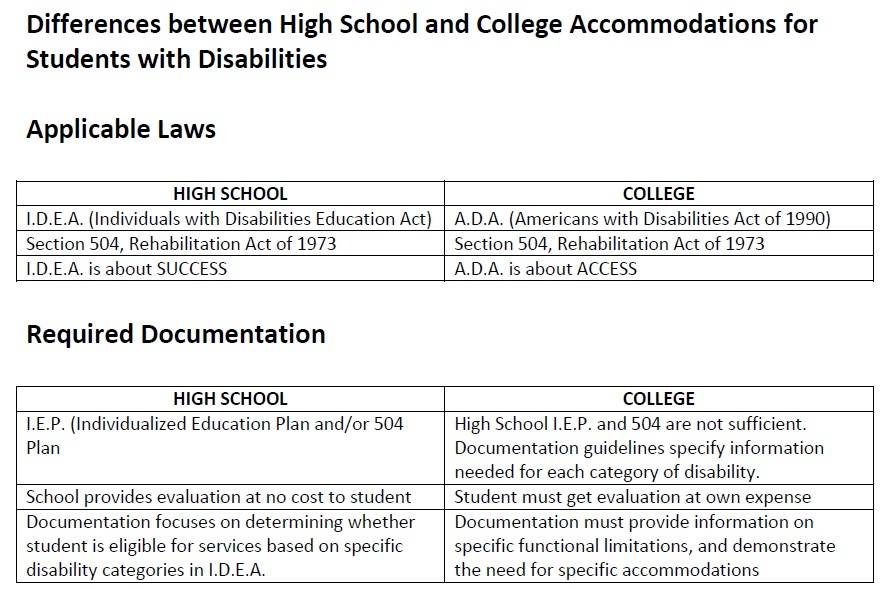Transition to Adulthood
Who Are Transition-Aged Youth, and Why is Work Important?
Social Security defines transition-aged youth as individuals aged 14–25 who are making the transition from school to work and/or further education. Transition-aged youth with disabilities face unique challenges in transitioning from school to work, and some may even think working is not part of their future.
Successful entry into the workforce can greatly enhance a person’s long-term earnings potential and quality of life. Summer jobs, internships, and volunteer work can help young people develop job skills, soft skills (learning how to present well to others), gain connections with employers for future job searches, and learn about career choices. Linking knowledge gained at the worksite with a planned program of study increases school attendance and engagement, decreases dropout rates, and even makes it more likely that a student will attend college.
From the Youth Leadership Advisory Team. Read full article here.
High School vs. College: Life Before and After Age 18
Transition to Adult Health Care Videos from The PEAL Center:
A set of resources to help you understand transition to adult health care.
- Self-Determination
- Moving from Pediatric to Adult Providers
- Individualized Health Plans
- Health Insurance & Service Eligibility (18-21)
- Medical Assistance and Operations Memo
Disability and Transition Youth White Papers:
- White Papers (PDF)
Pennsylvania Post-Secondary Surveys
Parents and Students:
The Pennsylvania Post-Secondary Survey is a great way for exiting students with an IEP to give DIRECT feedback on their experience in school. Watch this wonderful video that explains the importance:
School Professionals:
It is essential that these survey’s reach students who are typically underrepresented. The resources below summarize strategies recommended by youth and their families for reaching youth who are routinely underrepresented in the post-school survey data:
- Contacting Hard-to-Find Youth (Webinar)
- Contacting Hard-to-Find Youth (Publication)
- More information on the survey
Managed Care Operations Memorandum:
- Managed Care OPs Memo (PDF)
- Summary of the Managed Care Ops Memo (PDF)
- Stepping Stones OPs Memo (PDF)
- Data Dictionary (PDF File) (PDF)
Waiver Program Information:
- Waiver Program Handout (PDF)
- Waiver Service Handout (PDF)

